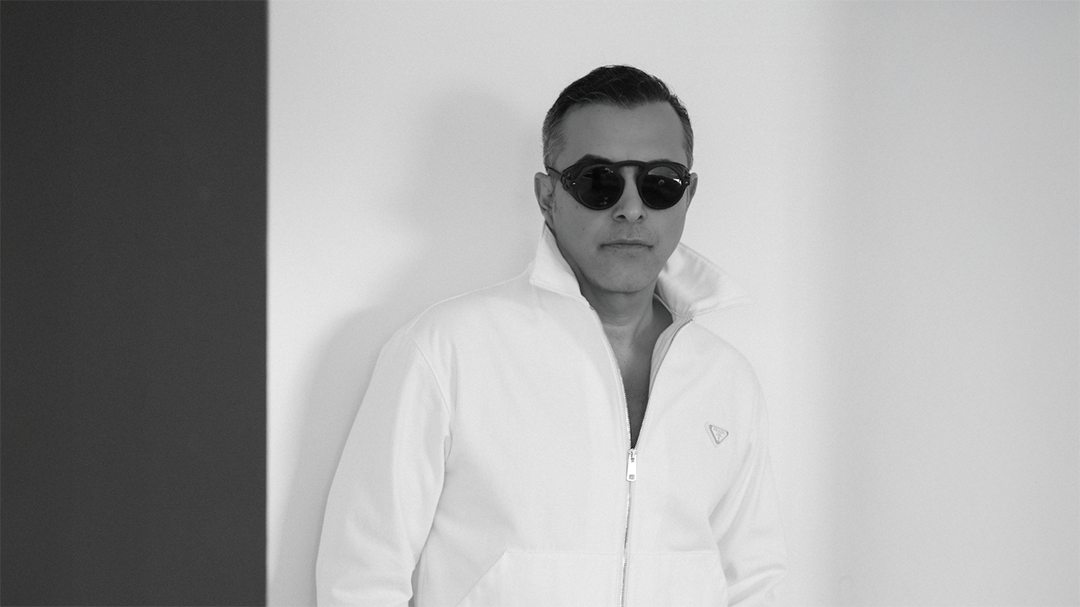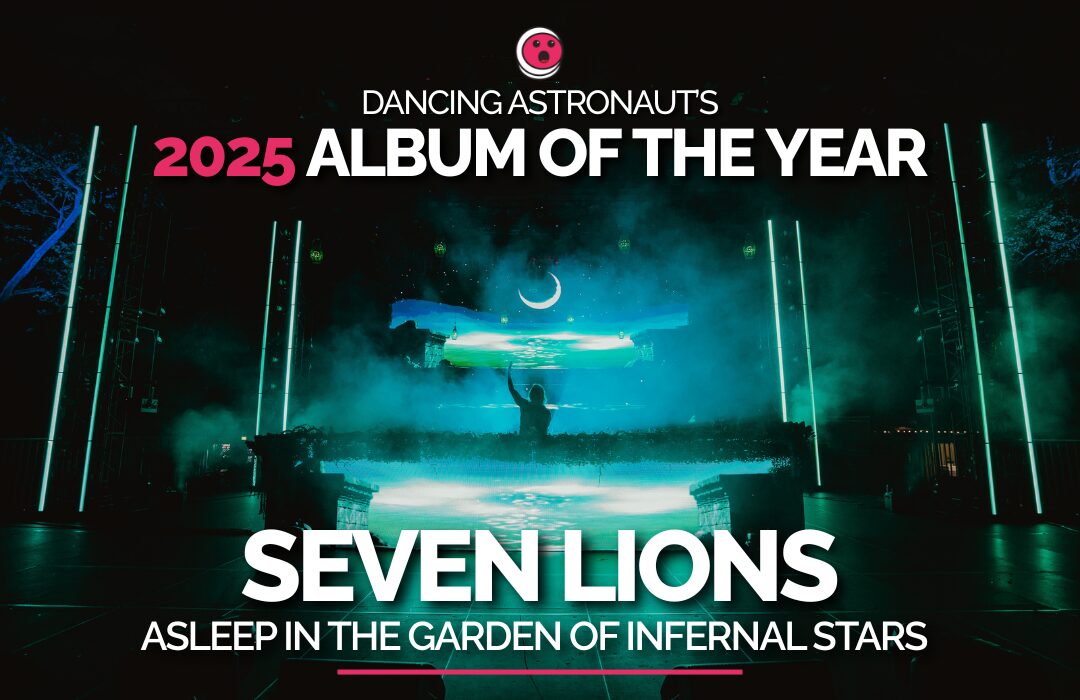According to MyAnimeList.com, Killua is the most popular character of Hunter x Hunter, surpassing even the protagonist. With his interesting backstory, personal depth, and top-notch fashion sense, it's easy to see why. In the anime community, 2011 Killua is generally adored, while 1999 Killua is deemed groundbreaking. Never before had fans of shonen anime seen a character quite like him.
The 90s version took its time and offered side stories that further fleshed out the universe and gave the characters more depth. Killua's mask as a heartless killer is slowly shattered to reveal a sensitive child craving love. The metamorphosis into Gon’s best friend, who scolded him just like his Aunt Mito, is well done and heartwarming.
Killua is an example of a tsundere character, a term created by combining the Japanese phrases tsun tsun, which means to turn away in disgust or fury, and dere dere, which means to become lovey-dovey. Tsundere is a development process in which a character's disposition changes over time from cold, temperamental, or hot-headed to reveal a warmer, caring side. This is a common trope for female characters, although it is less common for male characters, particularly in the 1990s.
Unlike the 2011 version, Killua's connection with Gon began as a competitor rather than a buddy, just as in the manga. Killua regarded their relationship as more of a strategic partnership than a friendship. After all, they were in an exam and may have had to compete against each other. At this point in his life, Killua had never had a friend, and the 90s version did a better job at capturing his mental state.
While in 2011 Killua is portrayed as a cute kid with a mysterious dark side, in 1999, Killua did not shy away from his dark past. The filler episodes, such as "Episode 11: Exploration × Guts × Stowaway," helped build his backstory. Anita, a disqualified candidate, snuck onboard the aircraft to take revenge against the Zoldyck family. She tracked down Killua and explained his nature to Gon, Kurapika, and Leorio, declaring she must kill Killua in exchange for his family murdering her father. Killua remained cool and detached throughout the ordeal, shrugging it off as simply business.
Everything about 90s Killua was darker: he’s aloof, extra snarky, and more aggressive at times. He even lashed out at Gon because he doesn’t understand friendship. Gon’s warmth and openness were so alien to him that he registered it as a threat. Despite his efforts to push him away and his family’s infamy, Gon still wanted to be his friend.
This culminated in the final phase of the Hunter Exam when Killua faced his big brother Illumi. This sequence was a high point of the franchise both in visuals and storyline. The dramatic lighting, bold colors, and scene composition far outshined the remake. This Illumi was extra creepy, appearing as some otherworldly evil with a calm voice and beautiful presence. He was both disarming and unnerving, slowly extracting the information he needed from Killua while psychologically tormenting him. Under duress, Killua confessed that he desperately wants to be Gon’s friend, unaware that Gon already considered him a friend. Illumi reacted by telling Killua that he is just a heartless killer incapable of making friends. His repeated manipulation of his little brother revealed the toxic family dynamic of the Zoldycks firsthand.
There's a dark undercurrent to the 90's version that was missing from the first seasons of the reboot. Created soon after the release of the manga, the original anime better reflected its tone since it captured the mood of the decade. Killua in 2011 is easy to love, whereas his 90s predecessor can be downright creepy at times. All of this, though, just adds to his intrigue, something fans of the character will undoubtedly appreciate.
For fans that want to watch the 90s anime, physical copies can be found on resale shops like eBay. It can also be streamed on YouTube.
About The Author

